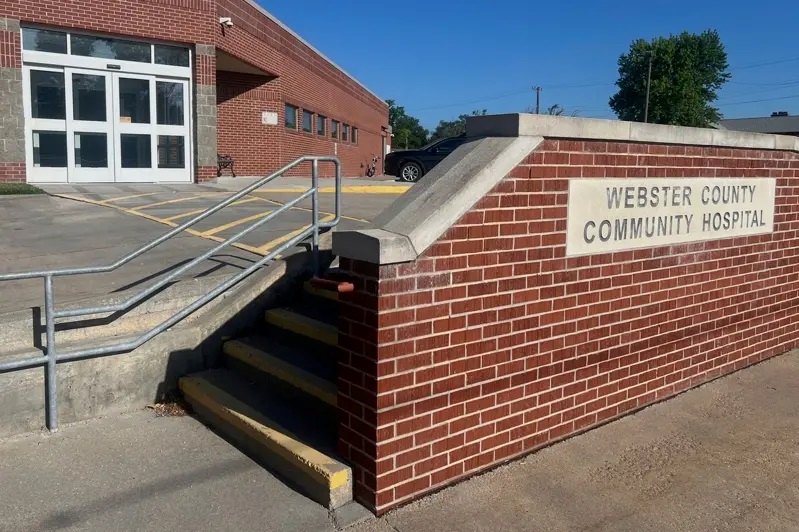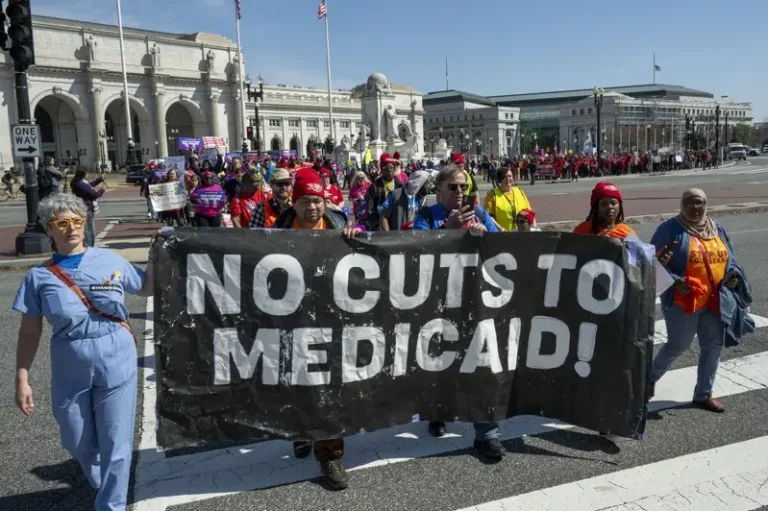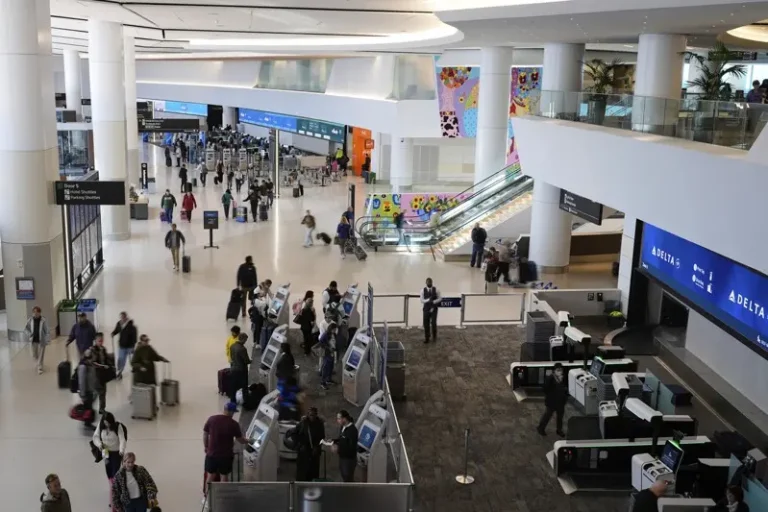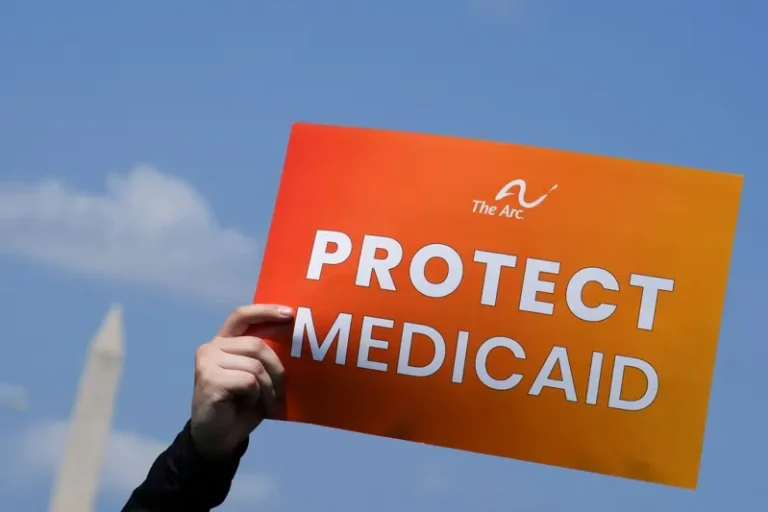
The “Big, Beautiful” spending law signed by President Trump on Independence Day will cut federal Medicaid funding by $1 trillion over the next decade. State and rural health advocacy groups have warned that rural hospitals, which are already financially precarious, will suffer a heavy blow if Medicaid funding is cut, and may even close down.
The Associated Press reported that Webster County Community Hospital in Red Cloud, Webster County, Nebraska, for example, has a population of just over 3,000. Nurse Tyler Sherman said he was used to elderly farmers not daring to seek medical treatment and only going to the emergency room when they had no choice. The hospital’s funding is extremely dependent on Medicaid subsidies. Now that Medicaid funding has been cut, villagers may not only lose the hospital’s emergency room, but also outpatient clinics and attached nursing homes for the elderly, and the hospital is in danger of closing down.
If these facilities are closed, many locals who could have gone to a community hospital in five minutes may have to spend nearly an hour to get to the nearest hospital that provides the same services. Sherman said that it would take too long for emergency treatment, and some people may not be able to make it.
Medicaid serves millions of low-income and disabled Americans. Now that funding has been cut, hundreds of rural hospitals may be forced to close. If some people living in remote areas continue to live, there will be no emergency facilities nearby.
A study by the Cecil G. Sheps Center for Health Services Research at the University of North Carolina at Chapel Hill pointed out that under the new Republican law, more than 300 hospitals are at risk of closure. A clinic in Curtis, southwestern Nebraska, announced on the 2nd that it would close in the next few months because Medicaid funding is expected to be cut.
Bruce Shay, a resident of Pomfret, Connecticut, said he was afraid that he and his wife would be among those abandoned. They are both 70 years old and in good health, but they are afraid that if they get sick, they will have to go to the emergency room. If the nearby hospital is closed, they will have to go to a farther hospital for treatment. .
Day Kimball Hospital is in nearby Putnam, but the hospital has been facing financial difficulties recently. If the new law is implemented and the existing subsidies are lost, it will be even more difficult. CEO Kyle Kramer admitted that the new law will cut rural Medicaid expenses by 155 billion yuan in the next ten years, which may further damage his hospital’s bottom line. About 30% of Day Kimball Hospital’s current patients receive Medicaid benefits, and the number is even higher in special and important departments such as obstetrics and gynecology.







